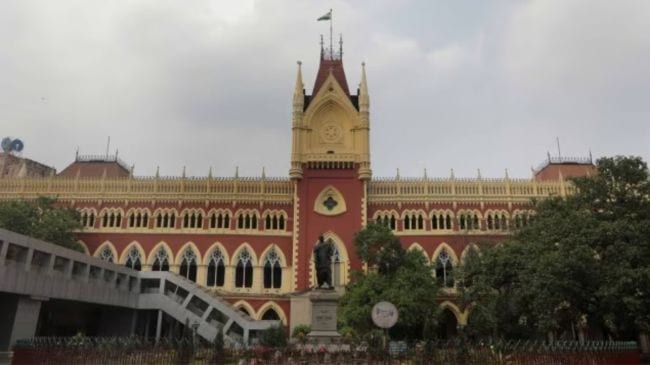Opinion Bengal’s migrant workers are suffering. Centre must resume MNREGA now
The Judiciary has cleared the way for its resumption. Why is Centre not paying heed?
 Giving relief to the 275 lakh registered MGNREGA workers of the state, the HC directed the Centre to resume its 100-day work scheme in the state.
Giving relief to the 275 lakh registered MGNREGA workers of the state, the HC directed the Centre to resume its 100-day work scheme in the state. By Mrinalini Paul
On October 26, 2025, the Supreme Court dismissed the Central government’s petition challenging the Calcutta High Court’s order (passed in June this year) on the implementation of the Mahatma Gandhi National Rural Employment Guarantee Act (MGNREGA).
Giving relief to the 275 lakh registered MGNREGA workers of the state, the HC directed the Centre to resume its 100-day work scheme in the state. The HC reiterated its order on November 7 as well. The MGNREGA workers had been suffering since 2022, when the funds were completely blocked by the Centre, citing state-level corruption. The HC, in its order, made it clear that the Centre was free to continue its proceedings regarding the alleged corruption charges, but the rural poor must not suffer because of it. Work under the scheme was supposed to resume from August 1. However, nothing changed since the Centre, instead of complying with the HC order and resuming work, filed a Special Leave Petition with the SC on July 31.
In the meantime, many disturbing stories of the plight of Bengali migrant workers have made it to the news. Large groups were reportedly rounded up and detained by the police in Gurugram, simply because they were Bengali-speaking people. The West Bengal CM, Mamata Banerjee, was quick to attack the BJP government for once again unfairly targeting the state and announced a new scheme, Shramashree, under which migrant workers who agree to return to the state will be given a monthly stipend of ₹5,000 for a year.
Due to a lack of jobs in the home state, poor workers have been moving out of Bengal to survive, more so after the complete collapse of MGNREGA.
Meanwhile, after the HC’s favourable order in June, there was hope in the most backward and vulnerable regions of the state. In Purulia district alone, thousands of applications were submitted to respective block offices in June–July, many by women whose husbands had already left the state. They anticipated that MGNREGA work would begin in August, which could perhaps make the upcoming Durga Puja less hard for their children this time.
The recent intervention of the SC and the reiteration by the HC of its earlier order again bring new hope. But a few larger questions need to be addressed. Why, in the first place, is the Centre so reluctant to resume MGNREGA when it can continue the corruption inquiries simultaneously? Why has the state government been oblivious to this situation — vociferously attacking the Centre and launching counter-schemes with no legal safeguards?
A few days ago, Banerjee took to the streets with the Indian Constitution in her hand and a sea of people following her. The exercise of the SIR has started in the state amidst contesting claims ranging from being a covert operation to implement the NRC and CAA to being linked with the cause of recent suicides.
Contesting claims and narratives around the fear of losing citizenship and the fear of losing the right to work are now taking over “freebies” and incentives that have always been at the centre of pre-election discourse. Conflating consumers and citizens was a fallout of neoliberalism at large. But denying the means of existence to the vulnerable — and granting it only in return for a vote — seems far scarier than distributing “freebies.” It appears to convert constitutional rights into incentives.
The writer is a scholar, TISS, Mumbai





